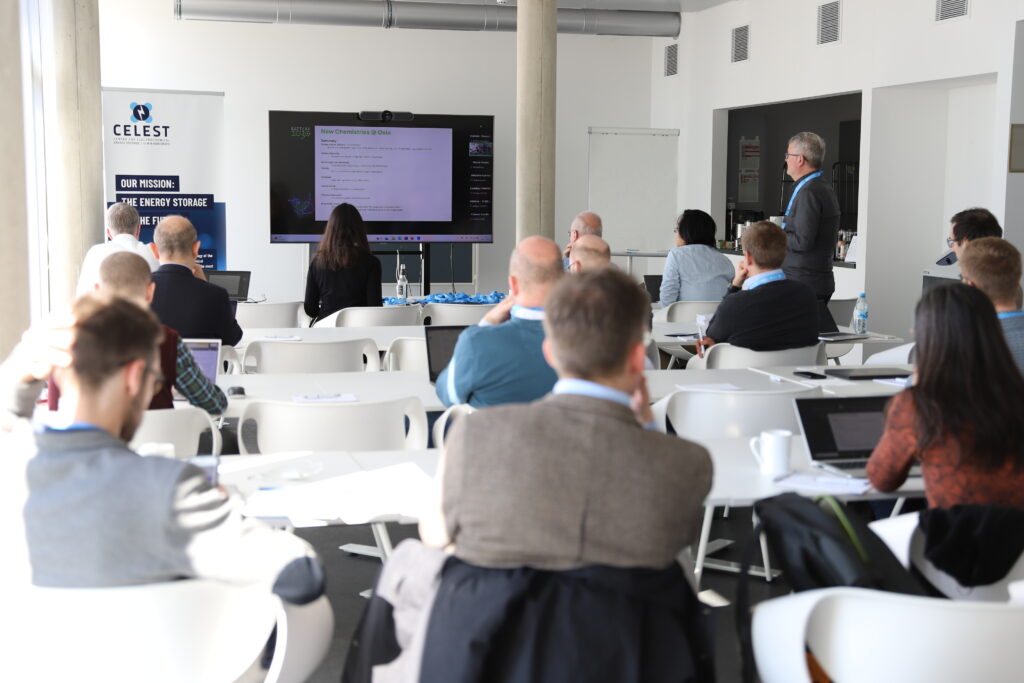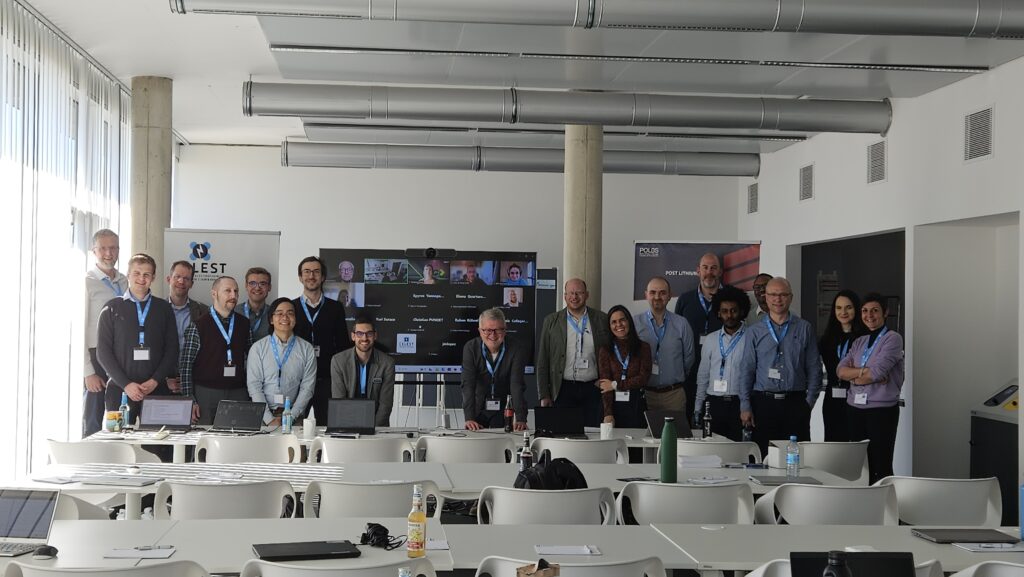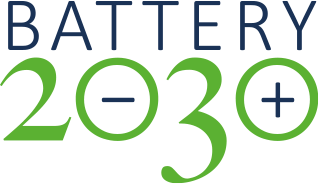The fourth edition of the Battery 2030+ Roadmap is nearing completion. This Roadmap outlines the current state and future directions for battery research and innovation in Europe. Work on this version began in 2024 with a workshop in Oslo, followed by a second one hosted by KIT/CELEST in Ulm in March 2025, led by task leaders Maximilian Fichtner, Christian Punckt and Emma Argutyan, all from KIT.
Central to Battery2030+ and also reflected in the Roadmap is a strong commitment to the circular economy: designing batteries for sustainability, recyclability, and reuse from the outset. This approach is supported by advanced sensing technologies, data-driven digital infrastructure and aligns with the European Strategic Energy Technology (SET) plan.

Compared to the previous versions, the new Roadmap places greater emphasis on recycling and raw materials. The present Battery2030+ consortium includes more research projects on this topic than earlier ones. With the feedstock for battery recycling expected to grow considerably in the coming years, this Roadmap highlights direct recycling as a promising solution to significantly reduce the energy and chemical use and improve material recovery efficiency compared to conventional methods.
The Roadmap also promotes a chemistry-neutral, toolbox-based strategy, integrating cutting-edge tools such as AI-driven platforms, embedded sensors, and self-healing materials, into a fully closed-loop system. This continuous feedback and optimization across the entire battery lifecycle will facilitate the steps from material discovery and cell design to manufacturing, operation, and recycling.
This means that challenges such as scaling losses, degradation, safety issues, fast charging, manufacturing optimised for recycling, standardisation, and data integration must all be addressed. Every step in the battery value chain presents unique hurdles. The vision of a closed-loop battery system includes:
- Embedded sensors that provide real-time data to predictive models, enabling both pre-emptive and curative self-healing within batteries. Non-invasive sensing technologies capable of monitoring key parameters during operation and identifying defective locations or compounds.
- Manufacturing processes that incorporate self-healing components and are optimized for end-of-life recycling. The Roadmap also highlights different research topics to improve reproducibility, homogeneity, and reduce scraps and defects.
- Digital twins, linking design, production, usage, and recycling data, enabling more efficient, sustainable, and cost-effective battery production.
A continuous and efficient feedback loop between sensor data, battery management systems (BMS), and AI modules is essential. To realize this, harmonized ontology, standards, and data handling practices need to be better streamlined across the battery research community.
Battery2030+ is also exploring emerging chemistries, which could deliver disruptive benefits (i.e improve safety, sustainability, circularity, cycle lifetime, performance, and cost reduction), unlocking new applications. However, these chemistries often receive less attention due to their longer-term focus, requiring extensive R&D to assess and demonstrate feasibility.

